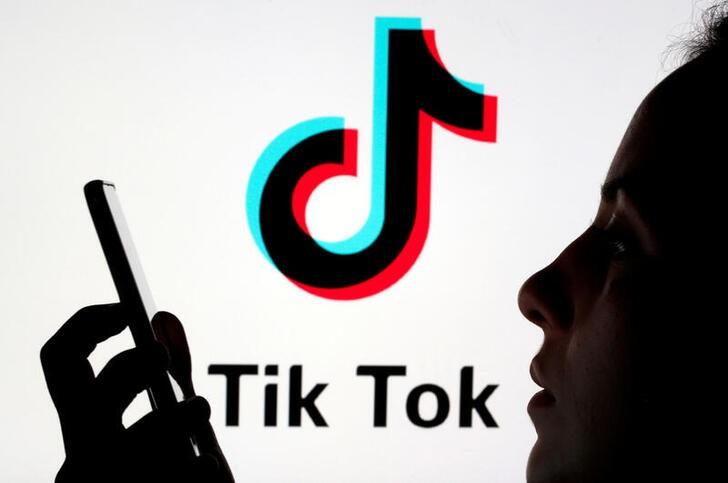President Donald Trump on July 31 said he will bar the TikTok social media app from operating in the United States.
“As far as TikTok is concerned, we’re banning them from the United States,” Trump told reporters aboard Air Force One.

President Donald Trump on July 31 said he will bar the TikTok social media app from operating in the United States.
“As far as TikTok is concerned, we’re banning them from the United States,” Trump told reporters aboard Air Force One.